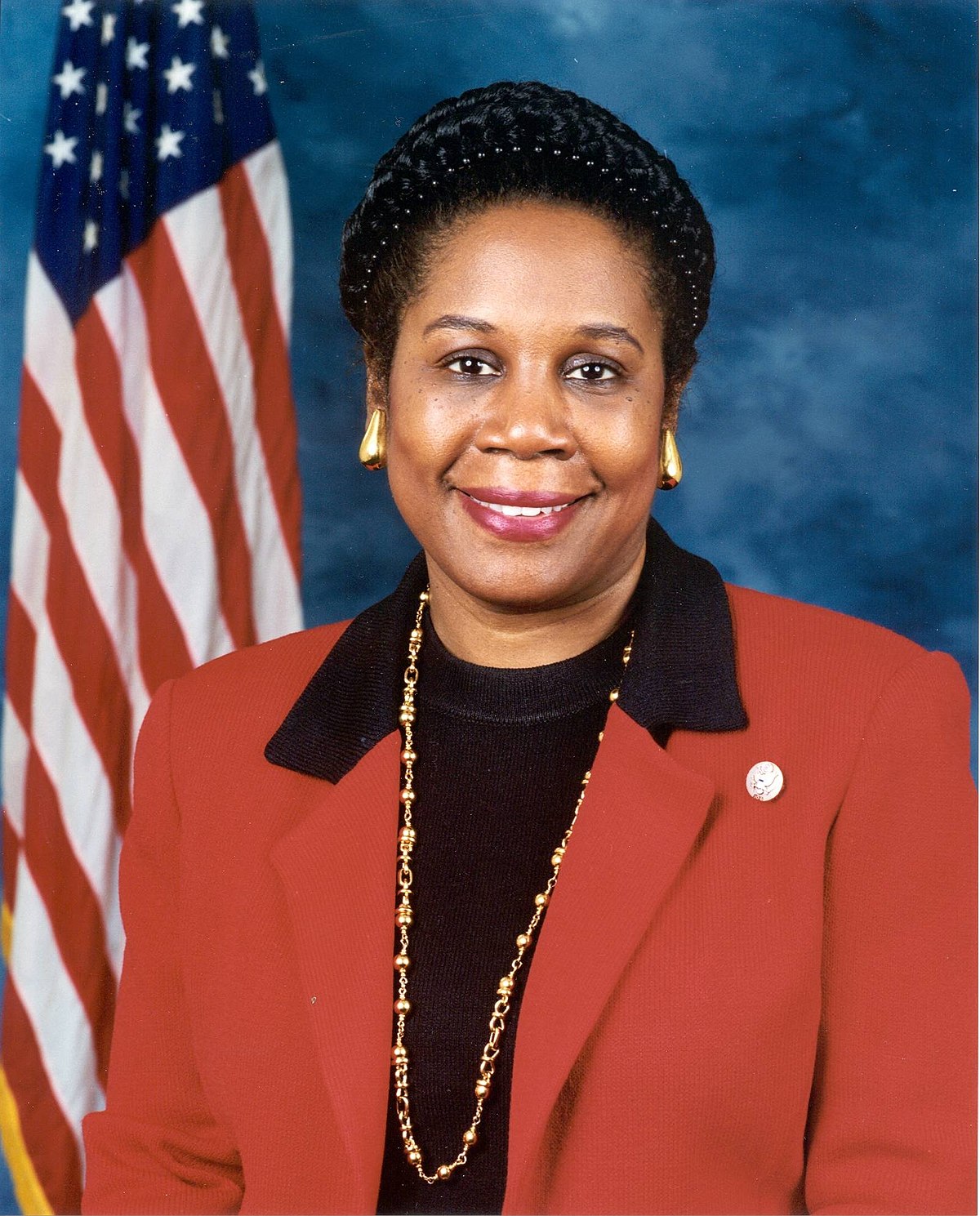-
-
BILL SPONSOR

-
John Rockefeller
Democratic - WV
-
-
TRACK BILL
-
Bill Progress
BILL INTRODUCED 11/12/2013
SENATE PASSED
HOUSE PASSED
PRESIDENT TO PRESIDENT
PRESIDENT SIGNS
-
-
-
S.1680 : A bill to amend the Communications Act of 1934 to increase consumer choice and competition in the online video programming distribution marketplace, and for other purposes.
-
- Rate Bill
Not yet rated
-
Consumer Choice in Online Video Act - Amends the Communications Act of 1934 to direct the Federal Communications Commission (FCC) to promulgate regulations requiring Internet service providers (ISPs) to provide plain language disclosures to assist consumers in making informed decisions about the purchase of Internet service, including: (1) network management practices that limit service speeds or prioritize content, (2) usage-based billing terms, and (3) information regarding different tiers of service.
Directs ISPs offering usage-based billing to establish an appeals process for consumers to challenge an ISP's determination of a consumer's data usage.
Requires the FCC to extend its truth-in-billing rules to ISPs.
Prohibits ISPs, multichannel video programming distributors (MVPDs), online video distributors (OVDs), and video programming vendors (VPVs), in various circumstances and in their relationships with one another, from engaging in unfair methods of competition, or unfair or deceptive acts or practices, that hinder significantly or prevent an OVD from providing video programming to consumers.
Prohibits MVPDs or OVDs from entering agreements (for periods longer than 30 days) that limit or prohibit a VPV from making its video content available to consumers for free over the Internet.
Permits VPVs to establish different prices, terms, and conditions that: (1) relate to substantial, real, and legitimate business concerns; and (2) are not used in an anticompetitive manner.
Prohibits broadcast television licensees or television networks from: (1) refusing to negotiate with OVDs for the carriage of television content, or (2) restricting an OVD's ability to make such content available to subscribers on any platform or device.
Prohibits broadcast television licensees from providing an over-the-air signal that differs from a retransmission of that signal provided to a MVPD or an OVD, subject to exceptions for certain commercial advertisements embedded in such signal when the variation is not used to increase overall advertising time.
Permits antenna rental services to rent to a consumer access to an individual antenna to view over-the-air broadcast television signals transmitted directly to: (1) the consumer over the Internet or another IP-based transmission path; or (2) an individual data storage system, including an online remote system, for recording and then made accessible to that consumer through an IP-based path. Exempts such antenna rental services from certain retransmission consent fees.
Prohibits a VPV that has made its video programming available to consumers online from restricting access for a subscriber of an MVPD or its affiliate, or an OVD or its affiliate, during the time when such vendor is involved in a dispute with such distributor. Provides exceptions from such prohibition when a vendor requires a consumer to purchase access through a contract with a distributor.
Authorizes an aggrieved consumer, distributor, or affiliate to bring a civil action for an injunction to prevent or restrain such restricted access.
Permits OVDs that provide programming in a manner reasonably equivalent to MVPDs (based on subscriber experience, not underlying technology, and which may include services that record programming to watch at another time) to elect to be treated as non-facilities based MVPDs (NFB-MVPDs) in order to operate under a special category of modified communications laws and FCC regulations.
Directs the FCC to prohibit practices and arrangements, including exclusive video programming contracts, that prevent an NFB-MVPD from obtaining programming from any VPV.
Requires local commercial television broadcast stations, at the request of an NFB-MVPD serving a designated market area, to negotiate for carriage of their content over that distributor's system. Allows NFB-MVPDs to also deliver a non-local (out-of-market) commercial broadcast television station.
Deems a signal of such a non-local commercial broadcast television station delivered by an NFB-MVPD to be significantly viewed under FCC regulations, thereby enabling NFP-MVPDs to carry such non-local stations without incurring distant signal copyright fees. Exempts such signals from specified non-duplication, program exclusivity, and sports blackout rules.
Provides for an NFB-MVPD subscriber to: (1) receive programming from up to two commercial television stations that are affiliates of the same television network, provided that not more than one of the affiliates is located in a designated market area where the subscriber does not reside; and (2) view any subscribed commercial television station signals at any time and on any device, including a mobile device, that an NFB-MVPD has made capable of delivering the distributor's service.
Prohibits NFB-MVPDs from being required to carry the signal of a local commercial television station as a condition for carrying and delivering a non-local commercial broadcast television signal.
Requires NFB-MVPDs to reserve a portion of their channel capacity exclusively for educational or informational programming.
Provides for an NFB-MVPD carrying a broadcast television station signal to be considered a cable system under copyright laws addressing secondary transmissions, thereby authorizing such NFB-MVPDs to retransmit copyrighted works subject to compulsory licensing requirements and the payment of royalty fees.




